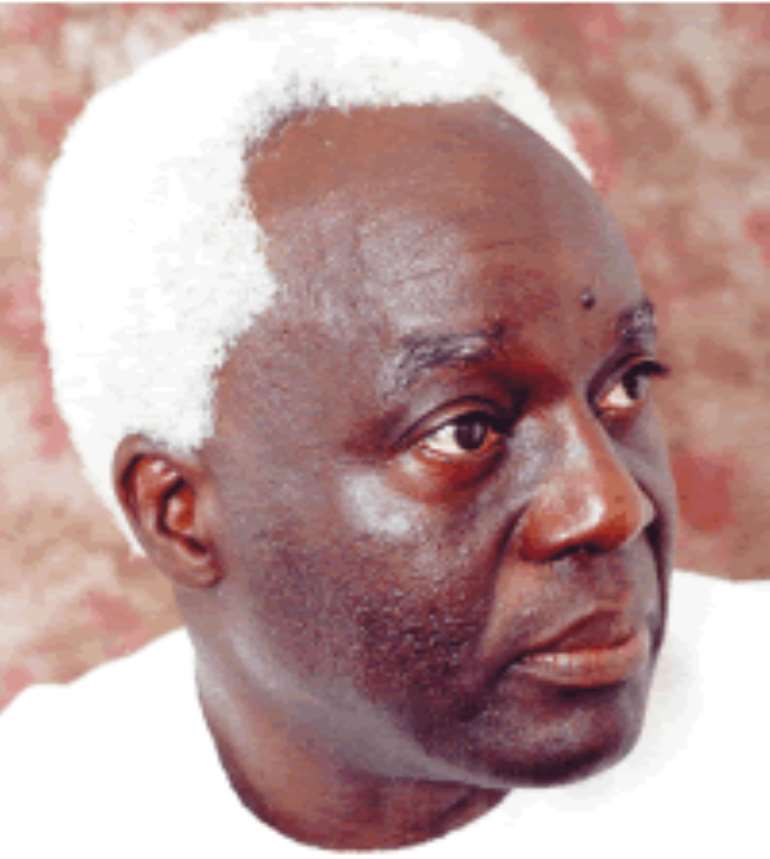HOW FELA'S MUSIC REDEFINED PAN AFRICANISM

Moore
Renowned writer and civil rights activist, Carlos Moore, has given a fresh insight into the concept of Pan-Africanism. The respected Cuban scholar at a recent public lecture on reshaping pan Africanism organized by CBAAC at the University of Lagos explained how music raised advocacy for Pan-Africanism.
In a lecture entitled: What is Africa to Me, Moore broadened the concept of Pan-Africanism, using the late Afrobeat legend, Fela Anikulpo-Kuti as the springboard of Pan-Africanism through his radical critique of Africa's socio-political challenges.
Starting on a note of sourcing for the true meaning of Africa, Moore revealed his encounter with Fela when he had asked him the same question and he (Fela) had replied that his music answers the question. Moore therefore, quoted Fela's reply: ''Man, that's what my music is all about. About Africa. About my love for Africa.
About how Africa was messed up by the Arabs and the Europeans before, and about how our rulers today continue to mess up Africa.'' Noting specifically that Fela had given two perspectives to the understanding of Pan-Africanism, vis -a-vis Africa's socio-political challenges, Moore said : 'So, the essence of what Africa was to Fela, and what he felt that Africa should become, is indeed contained in that séminal book, This Bitch of a Life, together with all of his musical compositions.'
Addressing the topic from the standpoints of colonial legacy and political elite, Moore gave a complete view of Fela's intimate thoughts and feelings. He drew copious references from Fela's music to expatiate on these standpoints. And his biography on Fela, entitled This bitch of a life readily became a reference point in this regard.
Blaming Africa's backwardness on over reliance on Western ways, Moore cited the examples of Fela's songs such as Teacher, Don't teach me nonsense, I no be gentleman, among others, to drive home his point. His words, ''Independence did not mean decolonization to Fela. To the contrary, it meant to him a modern version of 'Indirect Rule'. In Colonial Mentality , Gentleman, Lady and Teacher, Don't Teach Me Nonsense, Fela chronicles how the so-called post-colonial Africa is a prostrate continent that apes the very world that conquered it.
It is a Christian and Muslim dominated Africa ruled by the préjudices of the Middle Eastern Arabs, through their religion, Islam, and the préjudices of the Western Europeans, through their Judeo-Christian religions and mores. Africa had lost her own way and therefore her authenticity. The ruling élite, therefore, are not capable of directing the peoples over whom they ruled in the direction of a true African self-emancipation.
As a result, African men were obssessed with becoming Europeans and Arabs, and African women were obssessed with redefining themselves in Eurocentric terms, even to the point of doing violence to the colour of their skins, their facial features, the texture of their haïr and their very idea of womanhood.
However, Moore restated Fela's critique of the evils committed by the ruling elite of Africa, describing them as being constantly responsible for Africa's woes. His words, ''Africa was being ruled not by the peoples, but by comprador classes whose interests were contrary to the interests of the people and the nation as a whole. He made no distinction between Marxist and non-Marxist leaderships ; both were a reflection of and subservient to interests that were external.
Their rôle was to deliver the natural riches contained in the underground of African countries to the dominant industrial and military centers of the world. That was how thèse élites earned their living and sustained their lavish lifestyles : through the kick backs derived from such a wholesale delivery of the continent 's natural resources.''
And while proffering an elixir to the problems of Africans, Moore made a strong case for a continental space of Africa that would be called United States of Africa with a special consideration for the dynamics of her diverse cultural heritage of which indigenous languages are paramount.
